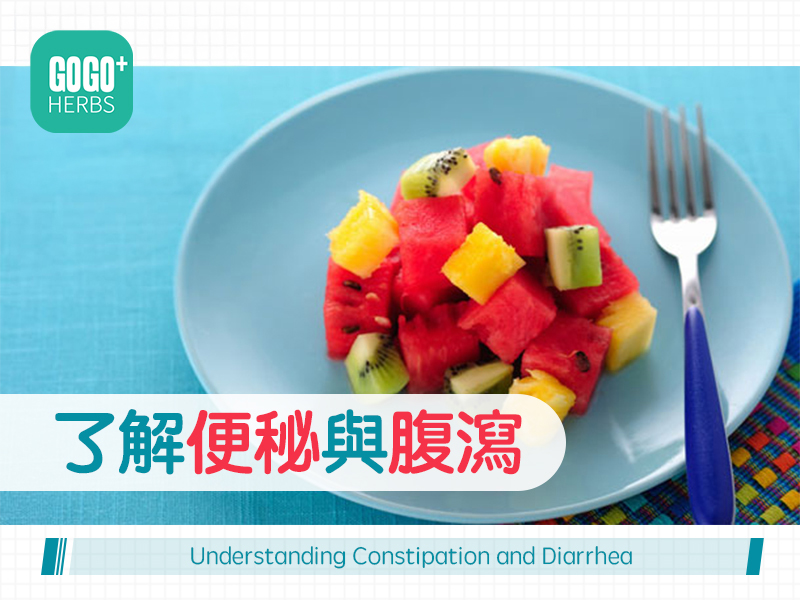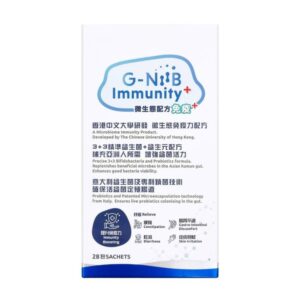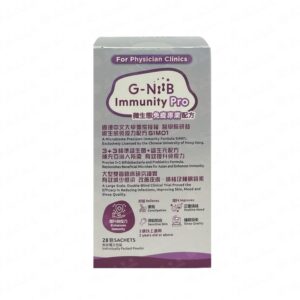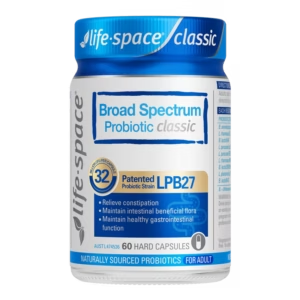
Understanding constipation and diarrhea
Mayo Medical Center is currently the world's largest private healthcare system. It comprises eight medical facilities and five medical schools, and is ranked second in U.S. News & World Report's Best Hospitals survey, receiving high praise for its quality of care. *CommonHealth* magazine features the "Mayo Clinic" column, where top global physicians help you improve your health.
The Mayo Medical Center is currently the world's largest private healthcare system. It comprises eight medical facilities and five medical schools.
It ranked second in U.S. News & World Report's survey of the best hospitals in the country, and its medical quality is highly regarded.
CommonHealth Magazine launches the "Mayo Clinic" column, where top doctors from around the world help you improve your health.
Constipation is a common problem, but it is often misunderstood and improperly treated. From an academic perspective, constipation is defined as having fewer than three bowel movements per week, each time consisting of hard stools. Normal bowel movement frequency varies greatly from person to person, ranging from three times a day to three times a week.
Constipation is a symptom, not a disease. Many factors can slow the passage of food residue through the large intestine, including: insufficient fluid intake, an unbalanced diet, irregular bowel habits, age, lack of exercise, pregnancy, and illness. Many medications can also cause constipation.
Constipation, while extremely bothersome, is usually not a serious condition in itself. However, if the problem persists, constipation can lead to complications such as hemorrhoids and anal fissures.
Self-care
To reduce the chance of developing constipation:
■ Eat regularly; eat plenty of high-fiber foods, including fresh fruits, vegetables, whole-wheat cereals, and bread.
■ Drink 8 to 10 cups of water or equivalent beverages every day.
■Increase physical activity.
■ When you feel the urge to defecate, you should go to the toilet immediately.
■ Take fiber supplements such as Citrucel, Konsyl, Metamucil, etc.
■ Don't rely on laxatives.
Medical assistance
If constipation is severe or symptoms persist for more than 3 weeks, contact your doctor. In rare cases, constipation may be a symptom of other more serious health problems, such as cancer, hormonal imbalances, heart disease, or kidney failure.
Childcare
Constipation is usually not a problem in infancy. Healthy breastfed babies may have a bowel movement as infrequently as once a week.
Young children may occasionally experience constipation because they don't make time to use the toilet. Toddlers may also become constipated while learning to control their bladder and bowels because they are afraid of or unwilling to use the toilet. However, even as little as once a week is likely normal for a child.
If constipation becomes a problem, give your child plenty of water to soften their stool. A warm bath can also help your child relax.Promote bowel movement。
Avoid giving your child laxatives unless advised by a doctor.
diarrhea
On average, adults experience diarrhea four times a year, a distressing illness characterized by loose or watery stools, often accompanied by abdominal cramps.
The most common cause of diarrhea is viral infection of the gastrointestinal tract. Bacteria and parasites can also cause diarrhea. These organic substances cause the intestines to lose a large amount of water and salt.
Before diarrhea caused by infection, nausea and vomiting may occur, along with cramps, abdominal pain, or other flu-like symptoms such as low-grade fever, muscle aches, convulsions, and headache. Bacterial and parasitic infections can sometimes cause bloody stools or high fever.
Diarrhea caused by infection is highly contagious, and infection can easily occur through direct contact with infected individuals. Food and water contaminated with bacteria or parasites can also spread diarrhea.
Diarrhea can also be a side effect of medications, especially antibiotics. Additionally, the artificial sweetener sorbitol added to many chewing gums and sugar-free products can cause bloating and diarrhea in some people, especially when consumed in excess. Chronic or recurrent diarrhea may be a sign of other more serious conditions, such as chronic infections or enteritis.
Self-care
Although uncomfortable, diarrhea caused by infection usually resolves on its own without the need for antibiotics. Over-the-counter medications such as Imodium, Pepto-Bismol, and Kaopectate can relieve diarrhea, but they will not speed up recovery. During the recovery period, the following methods can be used to prevent diarrhea and alleviate symptoms:
■ Drink at least 8 to 16 cups of water, including plain water, soda water, juice, and sports drinks containing electrolytes.
■ Gradually add semi-solid and low-fiber foods as bowel movements return to normal.
For example, soda crackers, toast, eggs, rice, or chicken.
Avoid consuming dairy products, greasy or heavily seasoned foods for a few days.
■ Avoid consuming beverages containing caffeine or alcohol, as well as nicotine.
Medical assistance
If diarrhea lasts longer than a week or you are dehydrated (extreme thirst, dry mouth, very little or no urine output, extreme weakness, dizziness, or lightheadedness), please seek medical attention. Additionally, if you feel...Severe abdominal painIf you experience rectal pain, blood in your stool, a body temperature above 38°C, or dehydration despite consuming large amounts of liquids, please seek medical attention.
Doctors may prescribe antibiotics to shorten the duration of diarrhea caused by bacteria and parasites. Not all diarrhea caused by bacteria requires antibiotic treatment, and antibiotics are ineffective against viral diarrhea, which is the most common type of infectious diarrhea.
Childcare
Diarrhea can cause dehydration in infants. If your infant has diarrhea for more than 12 hours, or if any of the following conditions apply, please contact a healthcare professional: ■ The diaper is still dry after 8 hours.
■ Body temperature above 38.8℃.
■ Blood in stool.
■ Dry mouth or dry howling (crying without tears).
■ Unusual drowsiness, lethargy, or slow reaction time.
Related Post:
Related Products:
-
G-NiiB – Immuno+ 28 packs
Original price was: $498.00.$365.00Current price is: $365.00. Add to basket -
G-NiiB – Immunity Pro Immunity Pro Formula 28 packs
Original price was: $598.00.$498.00Current price is: $498.00. Add to basket -
Life Space – Upgraded Adult Probiotics 32 billion 60 capsules
Original price was: $198.00.$145.00Current price is: $145.00. Add to basket -
ProVen – Women's Dedicated Probiotic + Cranberry 3600 30 Capsules
Original price was: $198.00.$138.00Current price is: $138.00. Add to basket






































































